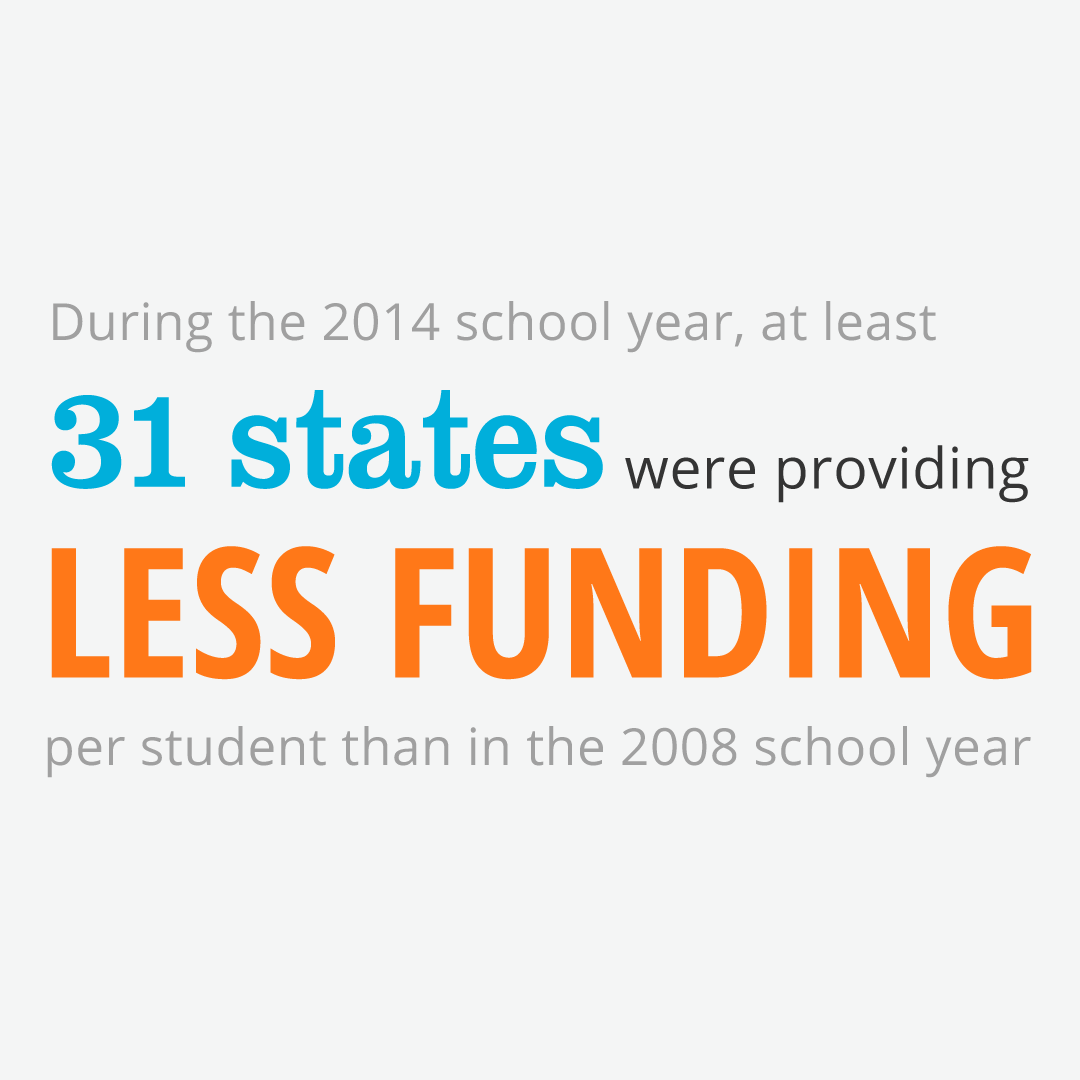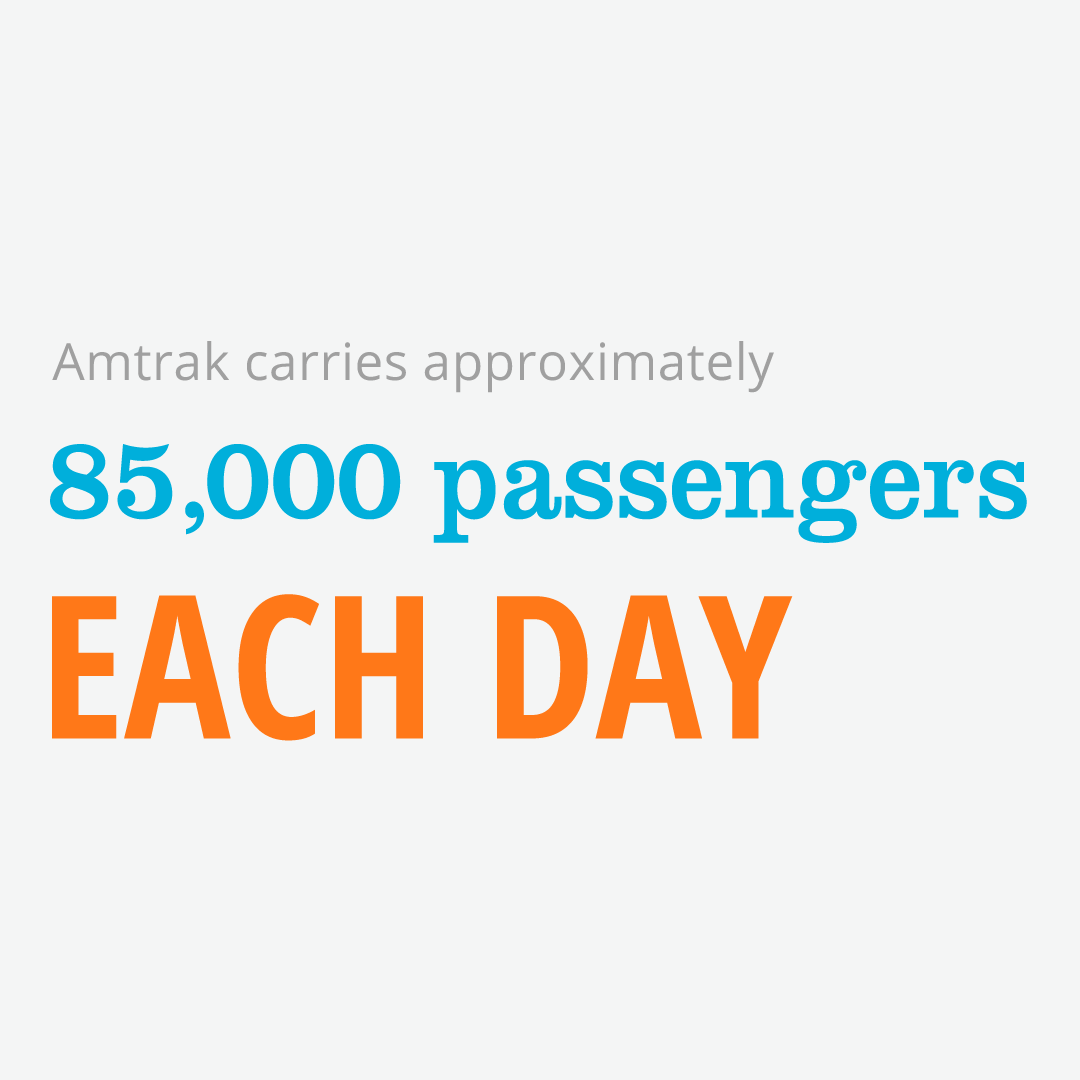Americans in 19 different states lined up at poll centers on November 5th with an array of decisions to make on their ballots. Despite being an off-year election, infrastructure took center stage. Of the collective 305 ballot measures supporting transportation infrastructure investment, 270 – roughly 90% – were approved.
From Maine to Texas, these 270 ballot measures are expected to generate $9.6 billion in new and recurring transportation investment. With so many investments pouring into the transportation infrastructure industry, here are the funding initiatives of which you should be made aware:
In the water sector:
- Texas Proposition 2 was approved, enabling the Texas Water Development Board to issue up to $200 million in bonds to develop water supply and sewer service in “economically distressed” areas. This program was last granted bonding authority in 2007.
- Texas Proposition 8 was as approved, allowing the state to create a “Flood Infrastructure Fund,” which would be administered by the Texas Water Development Board. This new fund will focus on flood drainage, mitigation, and control projects. This is the second step towards fully implementing SB 7, which the ASCE Texas Section helped shepherd to passage earlier this year.
In the transportation sector:
- Colorado Proposition DD was approved by a slim margin of 51% to authorize sports betting in Colorado, authorize the legislature to levy a tax of 10% on those conducting sports betting operations, and use revenue to fund state water projects.
- Houston, Texas approved a $3.5 billion bond for Houston’s ‘Moving Forward Plan,’ which includes investment in bus, rail, and roadway projects. The plan could add roughly 85 miles of METRO rail lines and 16 miles of light rail.
- Maine approved a $105 million transportation bond by a resounding 76% decision. The bond will be matched by $137 million in federal and outside funding and will be used primarily to replace existing highways and bridges.
- Cincinnati, Ohio voters agreed to repeal a city earnings tax under the pretense that voters would agree to increase the Hamilton County sales tax on 2020 ballots. If the second of this two-step process takes place in 2020, the increased sales tax would create $100 million in Cincinnati Metro bus service funding and $30 million in transportation infrastructure funding.
While transportation investment received significant voter support in 2019, some important measures ASCE monitored did not result in a desirable outcome.
- Colorado Proposition CC was denied by a slim 45-55% margin. Prop CC would have retained the annual tax revenue refunded to residents under the Taxpayer’s Bill of Rights (TABOR) and used the revenue on transportation and education projects throughout the state.
- Washington passed Initiative 976, placing a $30 limit on renewing vehicle license tabs, gutting state transportation funding. The car tab is used for state DOT projects as well as transit funding, including the Sound Transit commuter train that is currently under expansion.
Excluding the small percentage of measures that failed, the overwhelming support of transportation investment seen on election night demonstrates just how important these projects are to our daily commutes, our economy, and our safety and well-being.























































